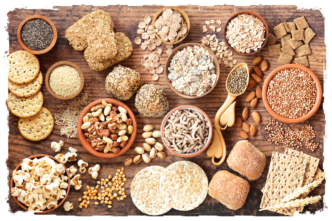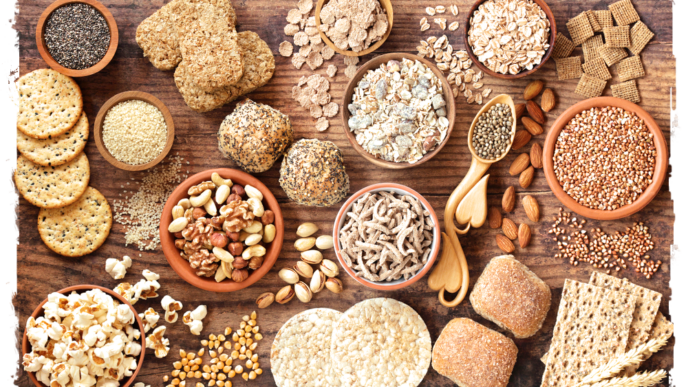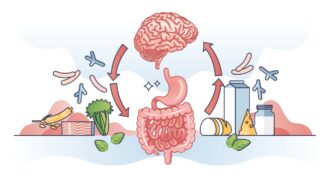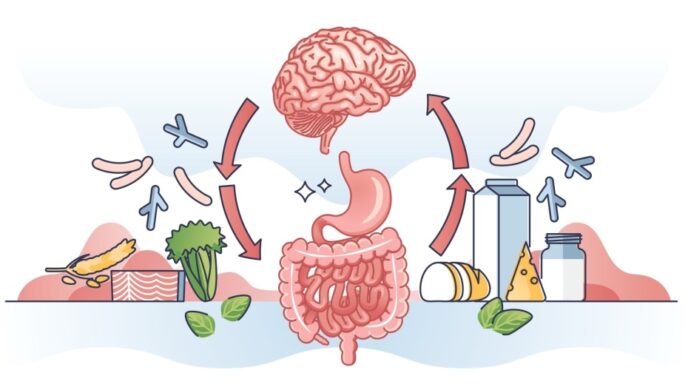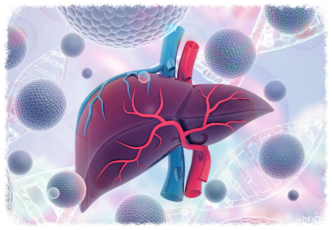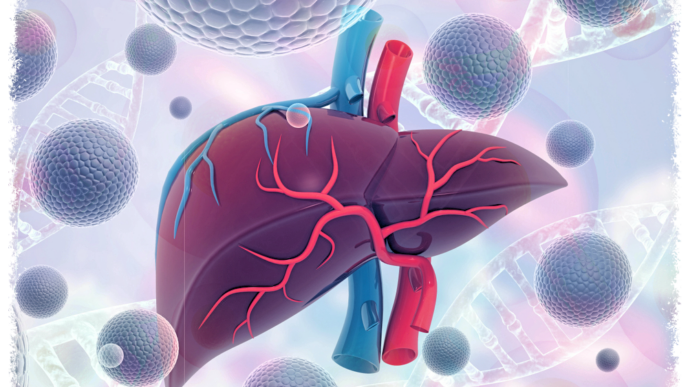WORDS LIM TECK CHOON
 FEATURED EXPERT FEATURED EXPERTPROFESSOR DR WINNIE CHEE SIEW SWEE Professor, Nutrition & Dietetics IMU University |
MANY PEOPLE HAVE POOR MENTAL HEALTH
According to the World Health Organization (WHO), at least 970 million people all over the world suffer from poor mental health, the most common being anxiety and depression.
While studies had been made on many possible factors that contribute to this phenomenon, one often overlooked factor is nutrition.
FOOD ISN’T JUST FUEL FOR YOUR BODY—IT’S ‘THERAPY’ FOR THE MIND
According to Professsor Dr Winnie Chee, a Professor of Nutrition and Dietetics at IMU University, there is a connection between what we eat and how our mental wellbeing is.
“The brain needs nutrients to function,” she says, further elaborating that:
- Glucose is a source of energy for the brain to carry out its functions.
- Proteins are needed to produce neurotransmitters—chemical messengers that enable transmission of information from one nerve cell to another—such as dopamine and serotonin.
- Healthy fats are needed to protect nerve tissues from damage.
| More about neurotransmitters. Neurotransmitters are chemical messengers in your brain that help transmit signals between nerve cells. They play a crucial role in regulating mood, sleep, appetite, and even decision-making. Without enough of the right nutrients, your brain may struggle to produce these important chemicals, potentially impacting your mental health. |
Professor Chee also mentions that there are several large studies that link poor nutrition to mental health issues like anxiety, depression, and even cognitive disorders like dementia.
#1: BE AWARE OF HOW OUR MENTAL HEALTH AFFECTS OUR EATING BEAVIOURS AND VICE VERSA
The relationship between nutrition and mental wellbeing runs in both directions, with good nutrition supporting mental wellbeing, while those struggling with mental health issues are more likely to face challenges in this area.
For example, emotional eating and stress can trigger unhealthy habits.
Life stages, from pregnancy to old age, influence eating patterns.
- The foundations of good nutrition begin during pregnancy.
- Children adopt the eating habits of their parents, so ideally, parents should practice good eating habits to set a healthy example to their children.
- Older persons typically various challenges, such as difficulty accessing or cooking nutritious food for themselves, poor appetite, and higher prevalence of chronic conditions and cognitive disorders.
Poor mental health can lead to challenges in maintaining good nutrition.
#2: THERE ARE ACTUALLY MANY HEALTHY LOCAL FOOD OPTIONS
We’ve all heard of the Mediterranean diet, but Professor Chee points out that recommendations in that diet are based on foods more commonly found in countries bordering the Mediterranean Sea (hence its name) such as Spain, Greece and Italy.
For Malaysians, the cost of these ingredients can be prohibitive!
“Fortunately, its guiding principles can be easily adapted to a more local approach, known in some circles as the MediterrASIAN diet,” she says.
The MediterrASIAN Diet#1 Prioritize wholegrains, beans, and nuts.
#2 Choose fish-based proteins.
#3 Consume dairy and meat-based proteins but in the smallest amounts (have more of the above two groups).
|
#3: THE IMPORTANCE OF MINDFUL EATING
Many studies have linked unhealthy eating habits, such as higher consumption of high-calorie and processed foods, with factors like:
- Urbanization
- Changes in the food industry
- Overstimulation
- Lack of time
Many people living in urban areas and leading a hectic daily schedule will likely relate to this, but this doesn’t mean that they are helpless to overcome these obstacles to healthy eating.
“Mindfulness is key to overcoming this,” says Professor Chee.
She recommends the following tactics:
- Take note of your own eating habits or triggers, so you can determine if you eat more when you are stressed, bored or sleepy. This will allow you to recognize these triggers instead of succumbing to them.
- Plan your meals ahead of time.
- Keep healthy snacks, like bananas, on hand a quick and easy pick-me-up.
- Need a faster, more convenient way to keep track of your food? Use food tracking apps to help you incorporate healthier food options into your regular meals.
“It always comes back to eating a greater variety of whole or minimally processed foods. This means more fruits, vegetables, whole grains, nuts, and fish. We can’t run away from the basis of what it means to have a healthy diet,” says Professor Chee.
| We should eat 5 portions of fruit and vegetables every day. Professor Chee assures us that 5 portions a day is not as intimidating as it may seem on paper.
“It is as simple as 1 ½ cups of vegetables like green leafy vegetables with your meals, and 2 slices of fruit like papaya or pineapple,” she points out. |
#4: DON’T FORGET PHYSICAL ACTIVITY
Professor Dr Chee points out that, based on recent local statistics:
- 50% of Malaysian adults lead a sedentary lifestyle
- 84% are not active in sports, fitness or leisure activities
Healthy diet is one half of the equation of overall physical and mental health, the other half being physical activity.
In addition to burning off excess calories and helping to maintain a healthy weight, thus reducing one’s risk of weight-related diseases such as type 2 diabetes, regular physical activity also helps to reduce stress and boost one’s mental health!
- For many people, the hardest part to staying physically active to actually start the habit.
- A general recommendation that works for many is to begin by allocating a small amount of time, say 15 to 30 minutes (preferably before one begins the rest of their daily schedule), to perform simple exercises such as brisk walking or jogging.
- As one becomes more used to incorporating exercises into their daily schedule, they can up the amount of time gradually to 1 hour or more each day.
IN SUMMARY
- Professor Chee emphasizes the need for Malaysians to take responsibility for their diet.
- A balanced diet and regular physical activity are essential for mental well-being and reducing health risks.
- Start small but stay consistent—your mind and body will thank you!
- Aim for 5 portions of fruits and veggies daily. That’s as simple as 1 ½ cups of greens and 2 slices of fruit with every meal.
- Try the MediterrASIAN diet for a more affordable local twist of the Mediterranean diet.
- Get active! An active lifestyle boosts endorphins and supports mental health.
| Do you know that the IMU Student Dietetics and Wellness Clinic in IMU University offers free individualized meal planning services as well as a few other nutrition-related services? Check out our article on this clinic and how you can avail yourself to their free services. |
This article is part of our series on foods and how consuming these foods can affect various aspects of our health.
|
References:
- World Health Organization: WHO. (2019, December 19). Mental health. https://www.who.int/health-topics/mental-health
- Pattnaik, S. (2021). Exploring the role of food and nutrition on mental health: A psychological perspective. IJFANS international journal of food and nutritional sciences, 13(4).
- American Psychiatric Association. (2023, April 18). How to boost mental health through better nutrition. https://www.psychiatry.org/News-room/APA-Blogs/Mental-Health-Through-Better-Nutrition
- Grajek, M., Krupa-Kotara, K., Białek-Dratwa, A., Sobczyk, K., Grot, M., Kowalski, O., & Staśkiewicz, W. (2022). Nutrition and mental health: A review of current knowledge about the impact of diet on mental health. Frontiers in nutrition, 9, 943998. https://doi.org/10.3389/fnut.2022.943998
- Institute for Public Health. (2024). National Health and Morbidity Survey (NHMS) 2023:
Non-communicable diseases and healthcare demand – key findings. https://iku.nih.gov.my/images/nhms2023/key-findings-nhms-2023.pdf







